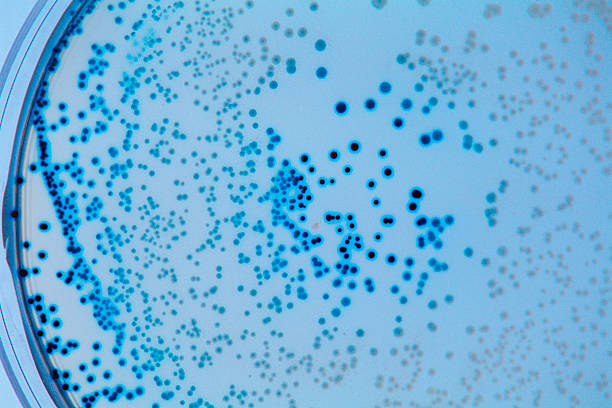A recent study from Columbia University has discovered that bacteria can produce free-floating genes, which challenges traditional understandings of genetic code and gene expression. This phenomenon, observed in the bacterium Mycobacterium smegmatis, suggests that these genes can exist independently of chromosomes, raising questions about the mechanisms of genetic regulation and adaptation in microbial life. This finding could have significant implications for our understanding of genetics and the evolution of bacterial species, as well as potential applications in biotechnology and medicine.
Editor’s Note: The recent findings from Columbia University regarding bacteria’s ability to create free-floating genes challenge long-standing materialist scientific assumptions, particularly those surrounding genetic determinism. Traditionally, the genetic code has been viewed as a fixed, linear sequence within chromosomes, straightforwardly dictating biological processes. However, the discovery that bacteria can generate ephemeral genes outside their genomes suggests a more dynamic and adaptable model of genetic expression. This could imply that similar mechanisms may exist in higher organisms, including humans, potentially reshaping our understanding of heredity, evolution, and disease. As materialist science grapples with these revelations, it may need to expand its frameworks to accommodate the complexity and fluidity of genetic information, opening new avenues for research in genetics and biotechnology.
Read Original Article
Read Online
Click the button below if you wish to read the article on the website where it was originally published.
Read Offline
Click the button below if you wish to read the article offline





